Since 25 March, when the nationwide lockdown came into effect, liquor sale has come to a full halt. Guidelines issued by the Union ministry of home affairs on 14 April to gradually and selectively ease the lockdown recommended continuation of the “strict ban” on liquor sale.
India is among a handful of countries, including Thailand and South Africa that has stopped alcohol sales while imposing a nationwide lockdown. Many have not. New York, a city which has the most no. of covid-19 cases in the world, includes wine and spirits stores in the list of “essential” businesses. Supermarkets across several European countries have, in fact, reported a spike in liquor sales, prompting WHO to voice concern.
On 14 April, WHO’s regional office for Europe called for restrictions on alcohol access during the lockdown. “At times of lockdown during the COVID-19 pandemic, alcohol consumption can directly affect health vulnerability, risk-taking behaviors, mental health issues and violence,” it said in a press note.
In India, alcoholic beverages are classified as “food” under the Food Safety and Standards Act, 2006. The lockdown, however, has seen liquor vends closed, with the “wine-cellars” in grocery stores stocking alcohol also off limits.
On 12 April, a video of a young man distributing free whisky to daily- wage workers in Hyderabad went viral on social media. The man, identified simply as Kumar, later told a news agency that he wanted to help out people suffering from alcohol withdrawal symptoms. “Yesterday, I had noticed that a woman was suffering from convulsions due to alcohol (withdrawal),” he said. “I had a bottle at my residence. So I thought of distributing pegs to such people (addicts).”
Nearly 57 million Indians are addicted to alcohol, according to a 2019 study by the All India Institute of Medical Sciences (Aiims). Acute withdrawal symptoms can manifest as seizures, delirium and aggressive behavior, and can even be fatal. In the first week of the lockdown, nine people in Kerala who were reportedly addicted to liquor committed suicide. By the second week, six in Tamil Nadu had died after trying to substitute alcohol with after-shaves and lotions. Media reports suggest production of home-made liquor like rice beer or toddy has increased in rural areas while black market for bottled liquor has been increasing in urban areas. Some of them add that bottled alcohol is being sold at twice its rate in parts of Mumbai, Delhi and Bengaluru.
Pratima Murthy, professor at the National Institute of Mental Health and Neurosciences (Nimhans), Bengaluru, says that while she can understand the rationale of the alcohol ban during the lockdown, she believes it could have been done differently. “Before you announce a ban like this, you must inform people in advance. More importantly, enough services should be made available to give the (addicts) treatment,” she says. Prime Minister Narendra Modi announced a nationwide lockdown with 4-hour notice. “It took everyone by surprise.”
Nimhans has seen twice the number of people seeking treatment for addiction in the past few weeks, with nearly 25 people turning up in the emergency ward every day. “Alcohol dependence is a disease,” says Dr Murthy. “But unless people know that there is a treatment available, and it is close by, it can have unintended consequences.”



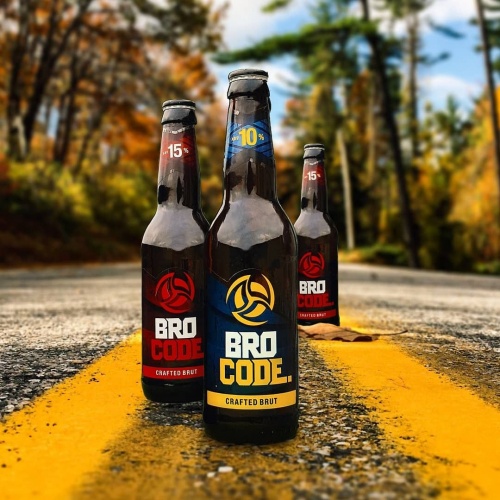
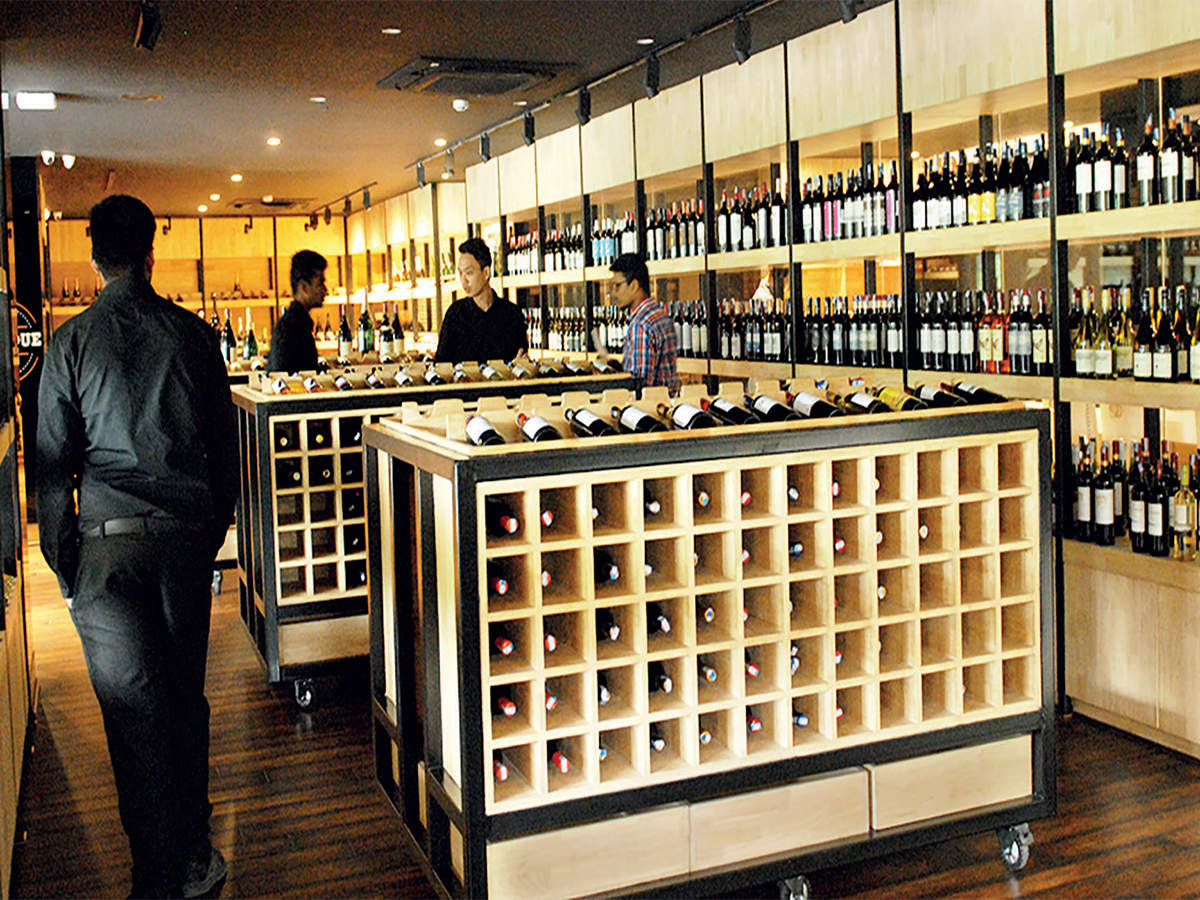
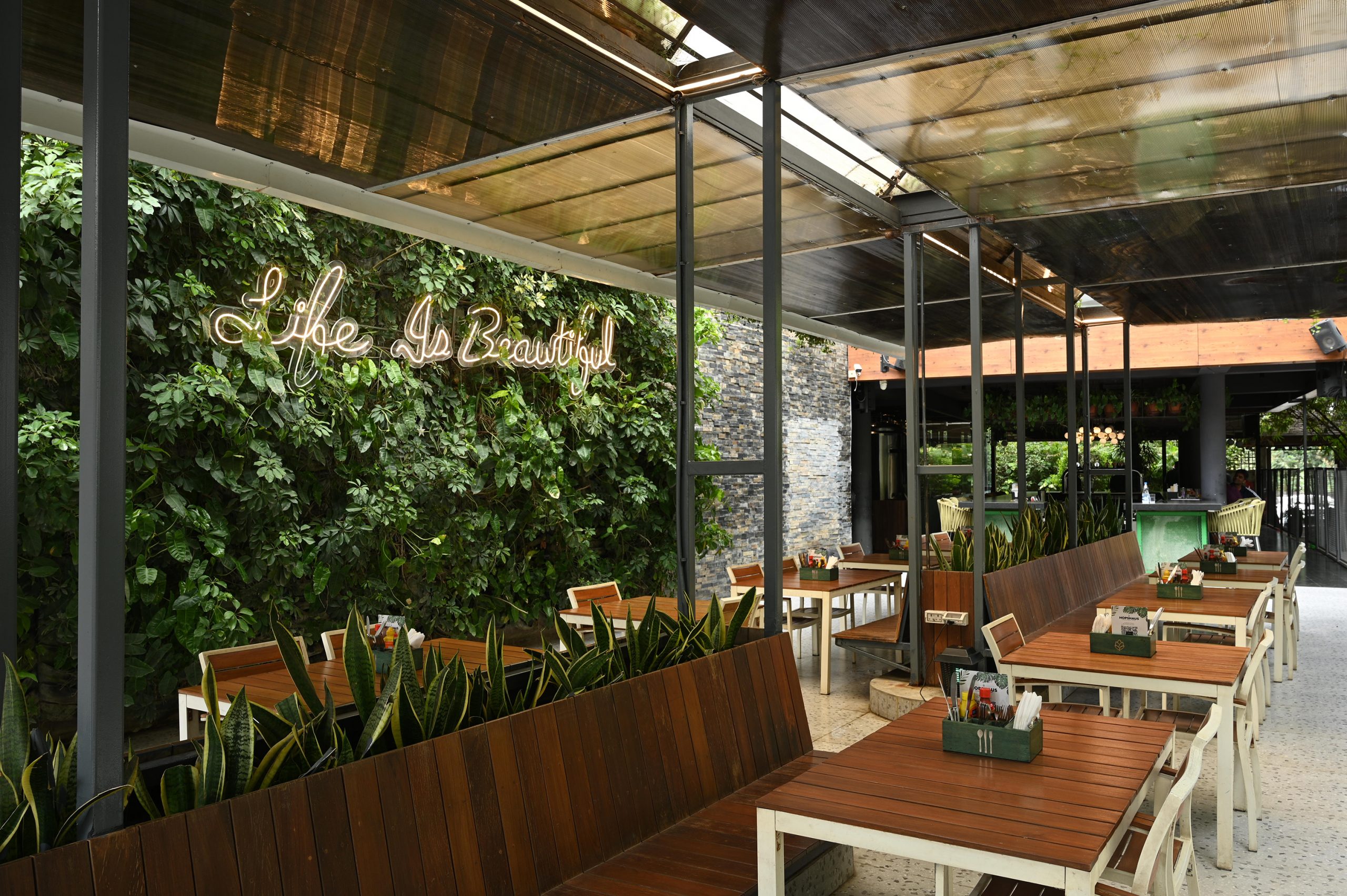
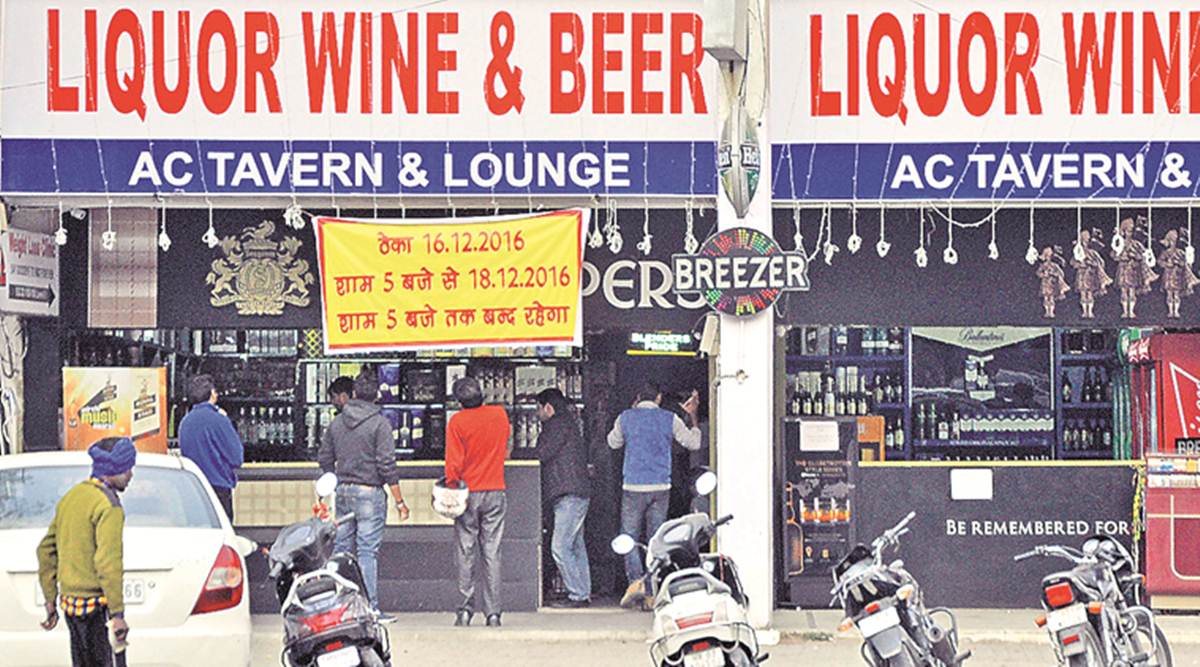
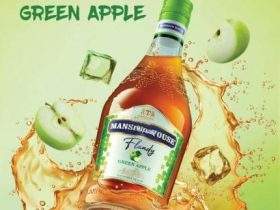


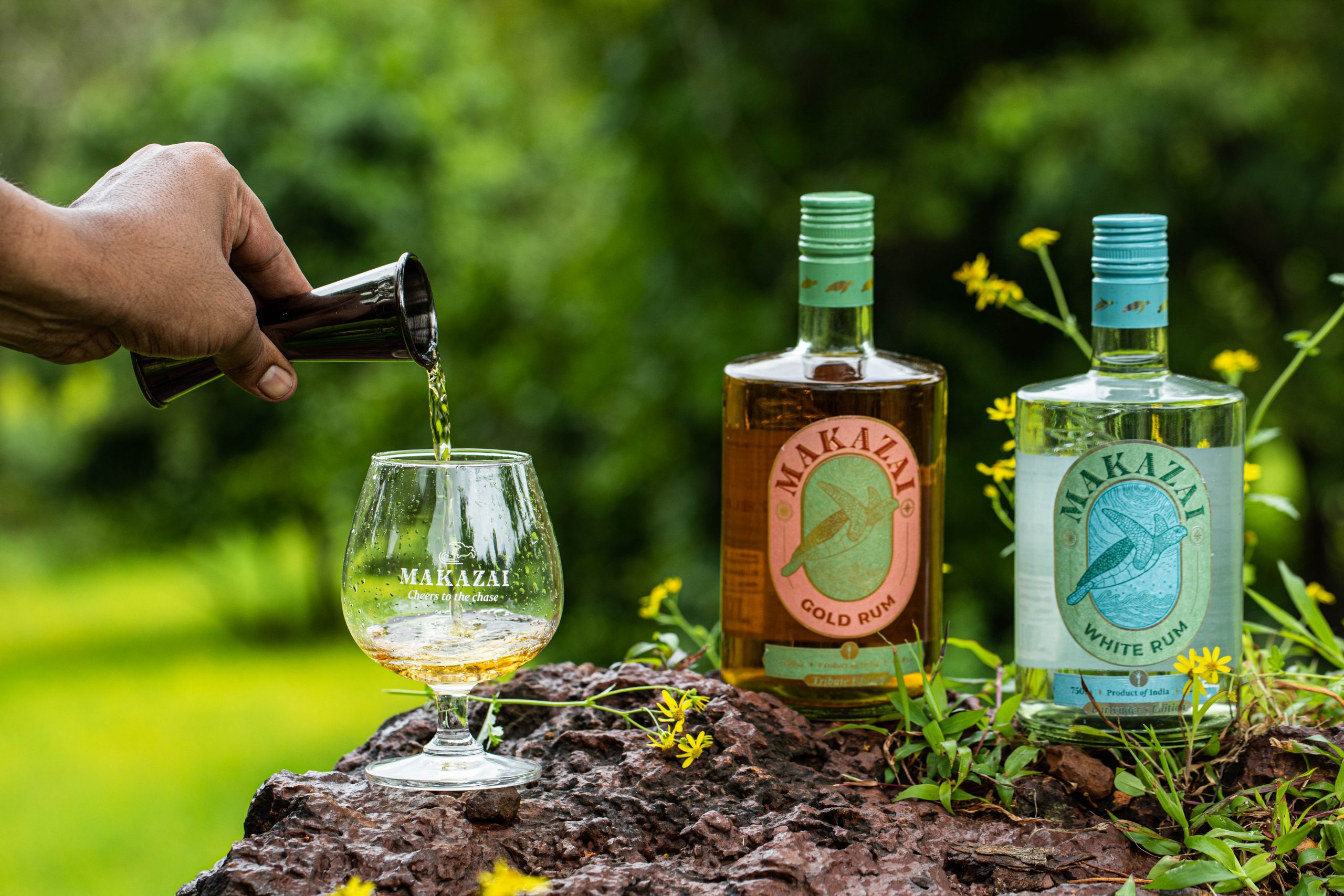

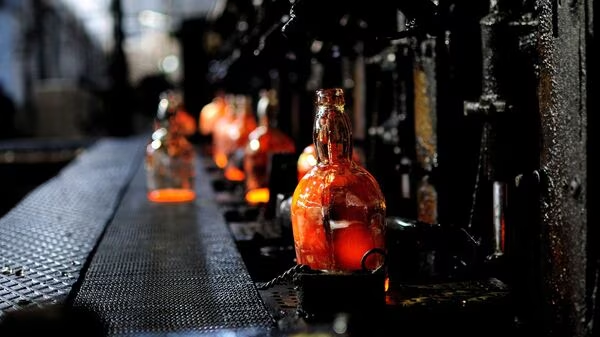


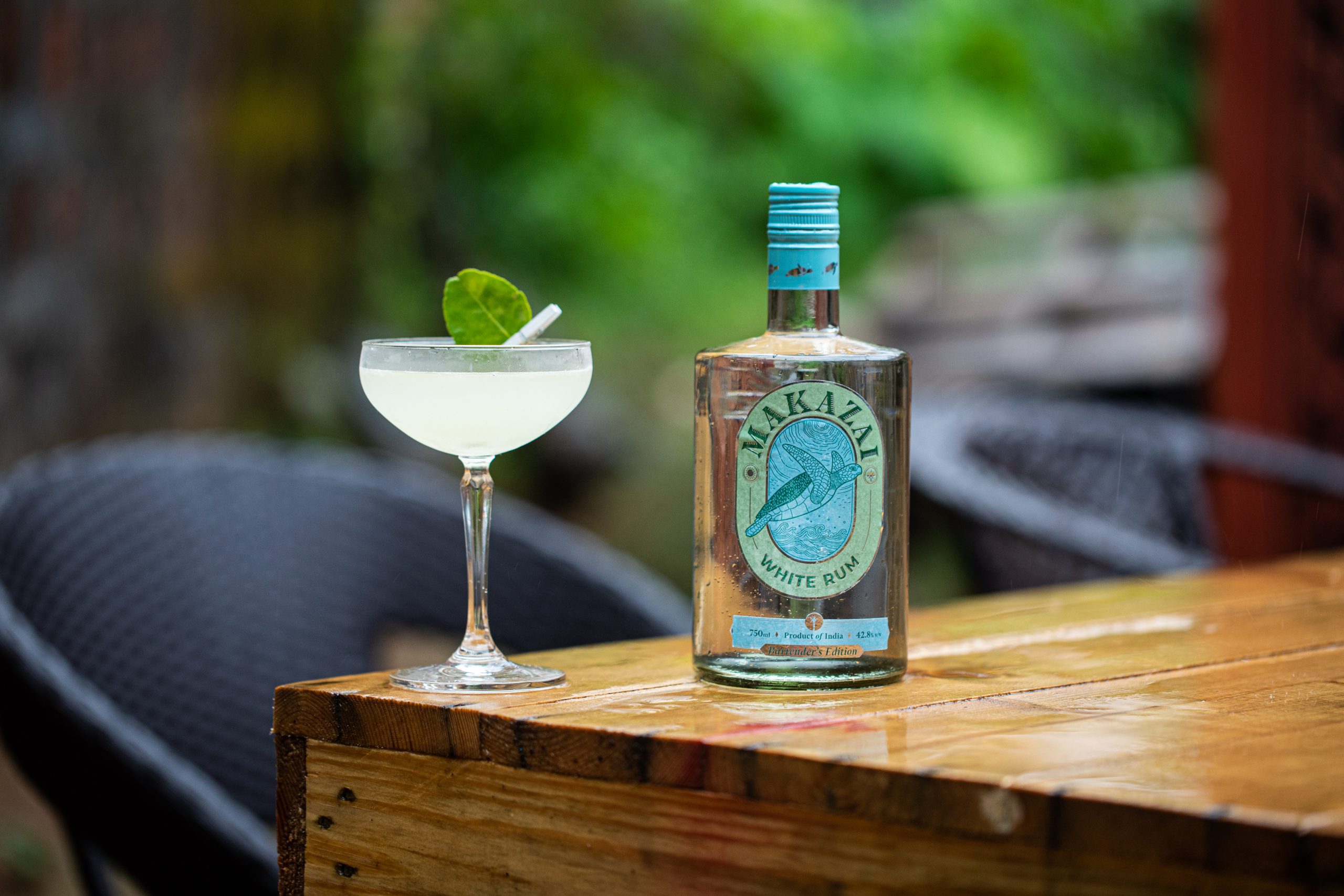
Leave a Reply